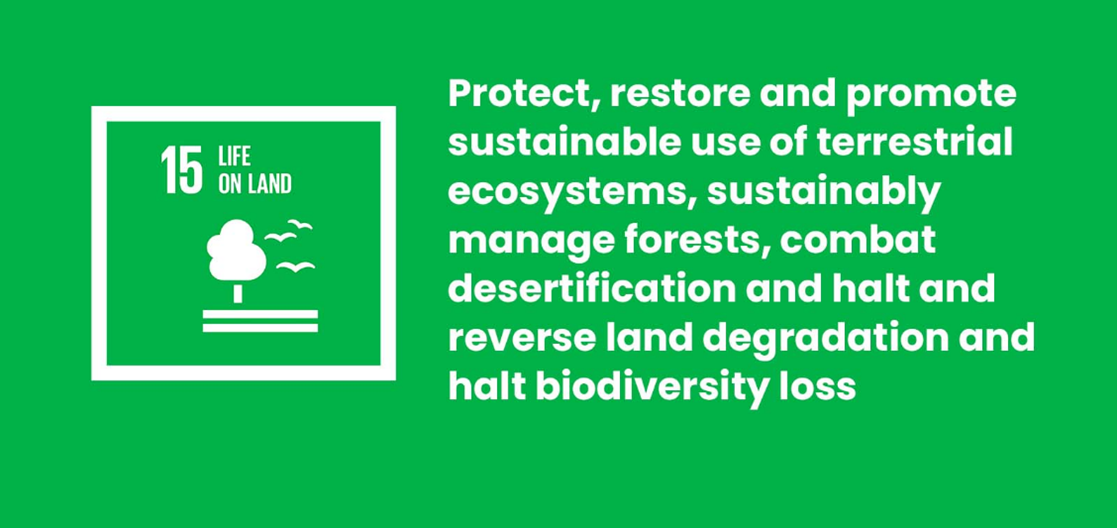
World Biodiversity Day
Will we be able to move from Agreements to Responsible Actions?
Conceived by the UN in 1993, on the occasion of the entry into force of the Convention on Biological Diversity (CBD), signed in Nairobi, Kenya, in 1992, it aims to protect the Planet’s biological diversity threatened by pollution, anthropisation and climate change.

Photo: www.naturanda.it
The theme of this 2023 Day, ‘From Agreement to Action: Rebuilding Biodiversity’, aims to promote national strategies, plans and programmes to ensure the conservation and sustainable use of biological diversity. This term refers to the variety and variability of living beings and the ecosystems in which they live; it also considers several levels of diversity, genetic, species and ecosystem diversity, and considers the number and abundance of habitats present, the number of species living in the area and the richness of their distribution, and finally the difference in genes between species.

Photo: www.viaggialverde.it
Biodiversity contributes significantly to maintaining life on the planet, which is why it is crucial to protect it, especially at a delicate time like the present, characterised by an unprecedented crisis. Not only are thousands of plants and animals that populate the Earth and countless organisms that make up natural ecosystems at risk, but also our own health: “Currently, the rate of extinction is between 100 and 1,000 times faster than the average for geological eras in which man was not present. Going into some detail, a report by the Ipbes (Intergovernmental Science-Policy Platform on Biodiversity and Ecosystem Services) two years ago informed that between 1700 and 2000, the surface area of wetlands (large reservoirs of biodiversity) was reduced by 85 per cent, that 33 per cent of fish species are being depleted beyond their ability to replenish themselves, and that 500,000 species of terrestrial animals no longer have sufficient habitat for their long-term survival.” (Source:www.tempi.it)

Image: www.istat.it.pdf
Unfortunately, despite the fact that the UN AGENDA 2030 also includes a specific target for the protection of life on earth,to rebuild biodiversity in Italy, we have to reckon with a discouraging fact: 15 May is the day on which Italy has exhausted all available natural resources by 2023, exactly the same day as last year. Since 15 May we have continued to consume at the expense of future generations.

Image: www.wired.it/article
STARTING FROM THE CONGREGATION’S POSITION ON INTEGRAL ECOLOGY, LET US COMMIT OURSELVES TO PROMOTING AN ECOLOGICAL CULTURE THAT
“…should be a different outlook, a thought, a policy, an educational programme, a lifestyle and a spirituality that shapes a resistance to the advancing technocratic paradigm. Otherwise, even the best ecological initiatives may end up locked into the same globalised logic. To seek only a technical remedy for every environmental problem that arises is to isolate things that in reality are connected and to hide the real and deeper problems of the world system” (Laudato Si 111).

